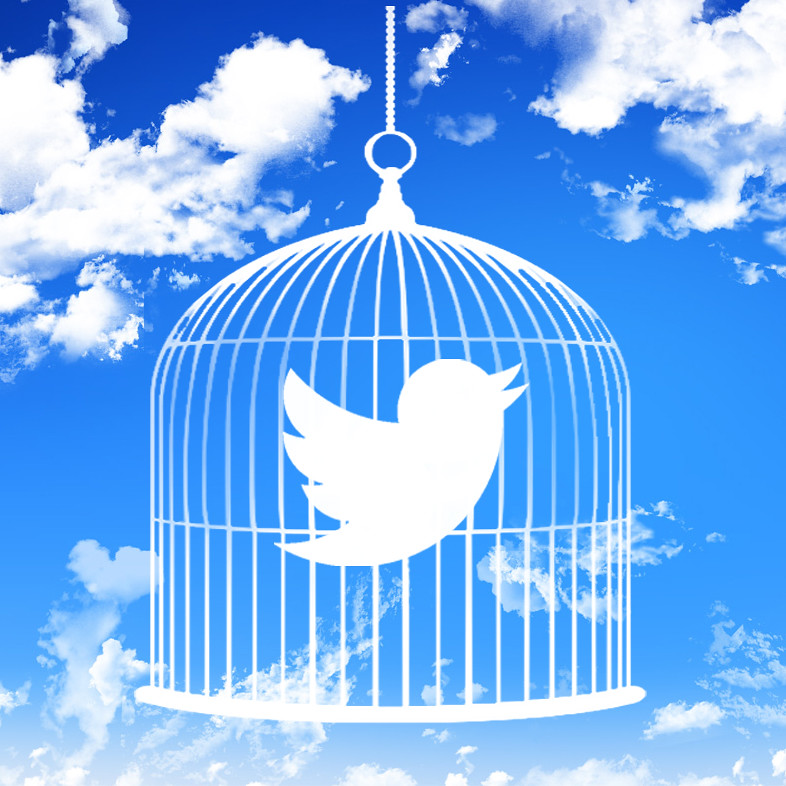AAP’s Benita Kolovos discusses social media use for journalists during the pandemic.

mkhmarketing on VisualHunt
Twitter.
It’s a place where hot takes, polarisation, partisanship, all reign supreme.
But it’s also a useful platform for communicating information quickly and effectively to a large audience in a matter of seconds.
So how do journalists use it as a tool in their practice? The answer is, carefully.
At least that’s the view of Margaret Simons, journalism and academic at the University of Melbourne, who details the risks of journalists using Twitter in her Sydney Morning Herald article, ‘Journalists need to take social media responsibilities seriously’.
“Any piece of journalism published or broadcast by a media organisation is a collaboration. There will be an editor who commissioned the idea, another who checks the copy, and often a legal team and fact-checkers as well,” she wrote.
“None of this applies to the social media accounts of individual journalists. Here, they are most exposed – their judgments entirely their own, their unmediated personalities on display.”
And the risk of that exposure is evident in the case of Louise Milligan, ABC reporter for Four Corners, whose tweets will form part of a defamation action launched by the former Attorney General Christian Porter.
The organisation will inevitably stand behind her during the court proceedings, as it did Rockwiz presenter Julia Zemiro when she tweeted Peter Dutton was a “disgrace”, but should it have to?
Last year, the ABC updated its social media policy to instruct staff to not use social media in a way that “undermines [their] effectiveness at work.” However, it’s unclear how stringently this is policed.
Journalists may choose to make it clear in their social media bios that their views are their own, not their organisations, but ex-Financial Times editor Lionel Barber says that’s not a defence.
“It’s not good enough for journalists to say: Oh, by the way, on my Twitter handle, these views are my own, because they do work for an organisation,” Barber says.
So, are journalists condemned to a life of being an objective robot on social media, never broadcasting an opinion for fear of being accused of bias?
Not necessarily, according to Canadian media ethicist Stephen J.A Ward. He argues the new age of journalism that’s dawning on social media needs to champion transparency, not objectivity.
“The traditional notion of journalistic objectivity, developed in the early 1900s, defined objectivity as a story that reported ‘just the facts’ and eliminated all interpretation or opinion by the journalist. This notion of objectivity needs to be abandoned,” Ward writes.

Benita Kolovos, Twitter
“We need comprehensive principles and specific guidelines that allow [journalists] to engage with new media in a creative but responsible manner. The first step is to clear away old ways of thinking that act as obstacles to the redesign [of] journalism ethics.”
Benita Kolovos has very high standards for what she’ll post on Twitter. As state political reporter for AAP, she treats her tweets like mini articles, paying special attention to grammar and punctuation, and puts a lot of thought behind what she writes in the 280-character window.
“I always [think] if I am going to put an opinion out there, am I going to back this? Am I going to defend myself for it? Not that I’d ever necessarily lose a job over it, but would I be willing to? That’s the benchmark I have on putting an opinion out there,” Kolovos says.
“At the end of the day, people have their favourite opinion writers, people go to certain websites or programs for commentary. I don’t think that’s what they come to me for. I think they come to me for accurate state politics, so I try to give them that.”







